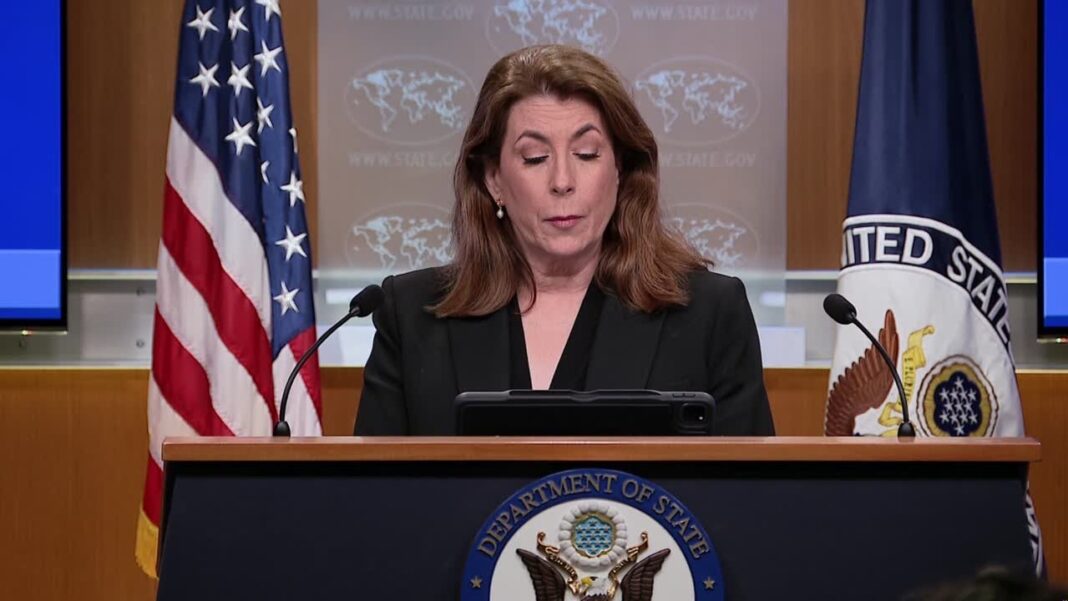The state Supreme Court urged a lower court judge to reevaluate the case using the proper standards.
The Missouri Supreme Court on Tuesday ordered a lower court judge in Jackson County to vacate previous rulings that had blocked the state’s abortion regulations from taking effect.
Missouri’s near-total abortion ban prohibits abortions except in cases of medical emergency. However, Missouri residents voted on Nov. 5, 2024, to repeal the law and allow abortion until fetal viability, generally around 24 weeks of pregnancy.
Shortly after the vote, Planned Parenthood filed a lawsuit challenging the state’s abortion ban and regulations that restrict abortion access.
In December 2024, Circuit Court Judge Jerri Zhang ruled that the state’s abortion ban was unenforceable and blocked abortion laws, including a 72-hour waiting period, but maintained some licensing requirements for health facilities.
The judge then ruled in February that the licensing requirements were discriminatory, enabling abortion services to resume.
The state challenged those rulings, saying they left abortion facilities “functionally unregulated” and women with “no guarantee of health and safety.”
In a two-page ruling on May 27, the state Supreme Court said that Zhang had applied the wrong standards when issuing the preliminary injunctions in December and February.
The court ordered Zhang to vacate those injunctions and reevaluate the case using the proper standards—which require the judge to consider whether the plaintiffs would suffer harm in the absence of an injunction, and whether that harm outweighs any injury caused to other people by blocking the state’s abortion ban.
Missouri Attorney General Andrew Bailey welcomed the state Supreme Court’s decision, calling it “a win for common sense, for basic medical safety, and for the sanctity of human life.”
“The law is clear. The evidence is overwhelming. And Missouri will enforce every word of it,” the state attorney general said in a May 27 statement.
“Today’s decision from the Missouri Supreme Court is a win for women and children and sends a clear message—abortion providers must comply with state law regarding basic safety and sanitation requirements.”








